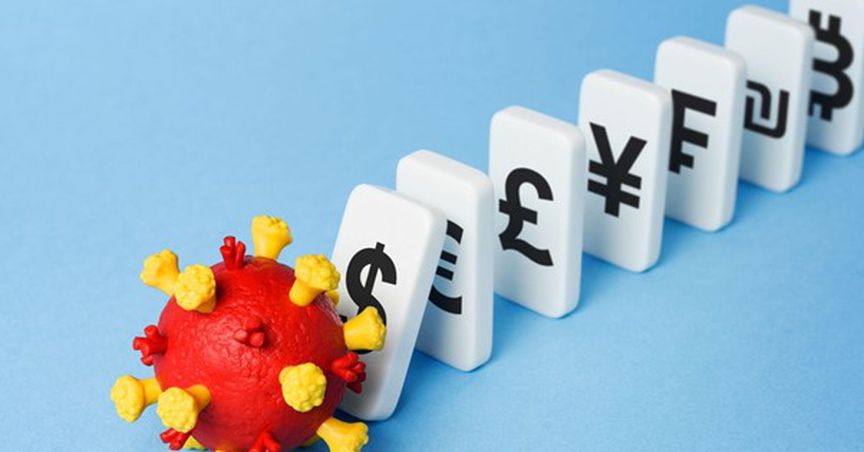Highlights
- The World Bank affirmed the significance of corrected financial measures for an equitable recovery.
- In the pandemic, economic activities of over 90% of the countries have contracted.
- Significant consequences are borne by the emerging economies due to their extensive dependency on developed nations for finances and other resources.
The World Bank recently released its report, “World Development Report 2022: Finance for an equitable recovery”. The report analyses the crucial aspects of the world economy ever since the pandemic began and sets a ground for the framework for an equitable recovery globally.
The pandemic hasn’t done less in making the global economy reach the threshold of high inflation, unemployment, debts, poverty and other poisonous economic factors for equitable growth and development across countries.
GOOD SECTION: How well does the Keynesian framework sit in the Australian economy?
Economic impact of the pandemic
The coronavirus pandemic has brutally impacted the world economy. We are currently in the middle of perhaps the biggest financial crisis of the century, with the world economy shrinking by 3%. Economic activities have been profoundly affected in almost all countries globally.
To make matters worse, the economic policies implemented by governments to combat the economic downfall further caused financial losses in many countries, according to the report published by the World Bank.
So, in its report, the World Bank affirmed the significance of corrected financial measures for an equitable recovery. Let’s decode the report and glance at the insights.
Source: © Nito100 | Megapixl.com
MUST-READ: What does the Russia-Ukraine conflict mean for the world economy?
- What are the loopholes in policymaking during the pandemic?
The World Bank, in its report, also stated that the policies that countries implemented to overcome the financial crisis might have been successful in the short run but not helpful in the long run. Such problems have primarily occurred in emerging economies. Thus, governments need to frame policies for an equitable recovery throughout sectors both in the long and short term.
- Where does the finance sector lag?
According to the World Bank, the finance sector has been under immense distress mainly because of debt moratoria, reduced transparency, non-performing loans, etc. Thus, to overcome this and help the banks in distress, governments and banks need to ensure adequate transparency and management, especially for non-performing loans.
- What’s the main cause of economic distress for emerging economies?
To combat the sudden economic distress caused by the pandemic, the governments had to initiate new programs. To incorporate such programs, emerging economies had to borrow money from the World Bank and developed countries. However, if they do not maintain the borrowings well, they can fall under the pit of recession. Thus, such governments need to focus on active debt management for optimum economic recovery.
- How inclusive and sustainable finance is critical in this journey?
The World Bank, in its report also reaffirmed the significance of growth that is inclusive of vulnerable sections of the society and the environment. Thus, governments and banks should make easy policies for providing finances to the economically disadvantaged groups and for eco-friendly projects.
ALSO READ: Economies with record-breaking inflation
Bottom line
In the pandemic, economic activities of more than 90% of the countries have contracted. Additionally, the significant consequences are born by the emerging economies due to their extensive dependency on the developed nations for finances and other resources. Thus, governments of such economies need to become extra cautious of equitable recovery for the benefit of all.



